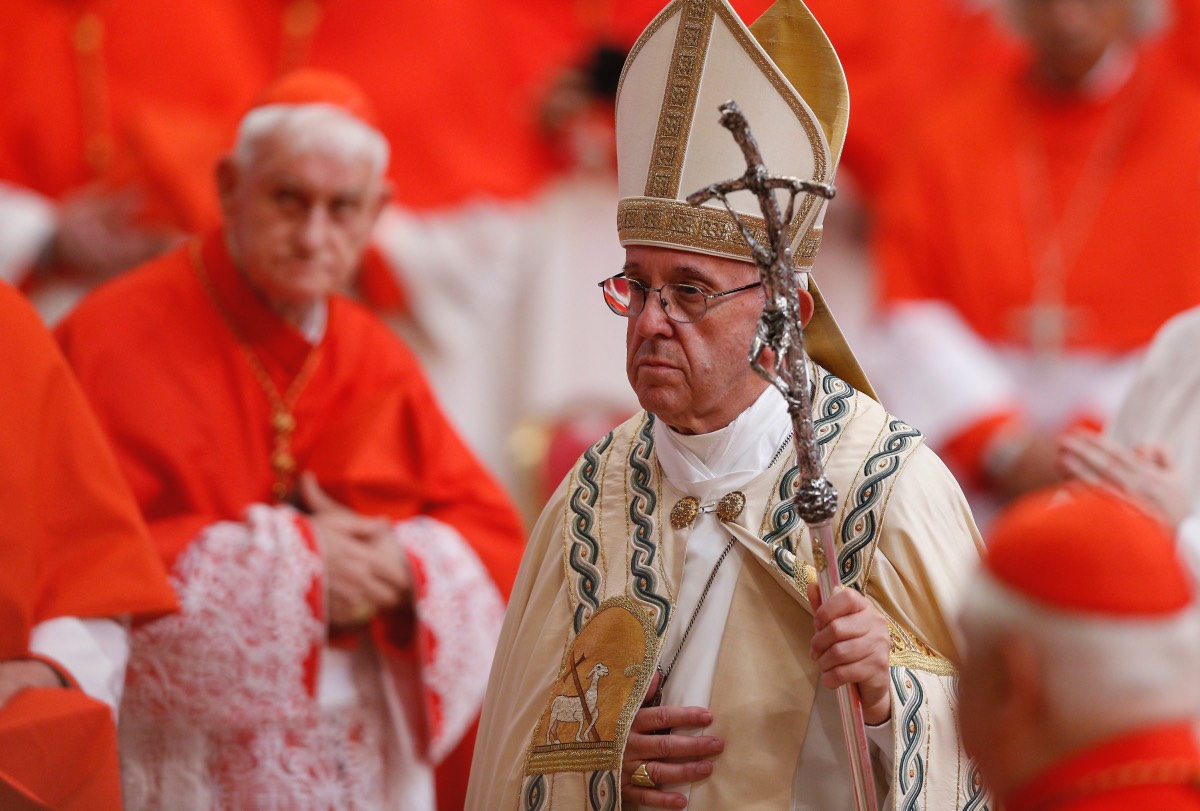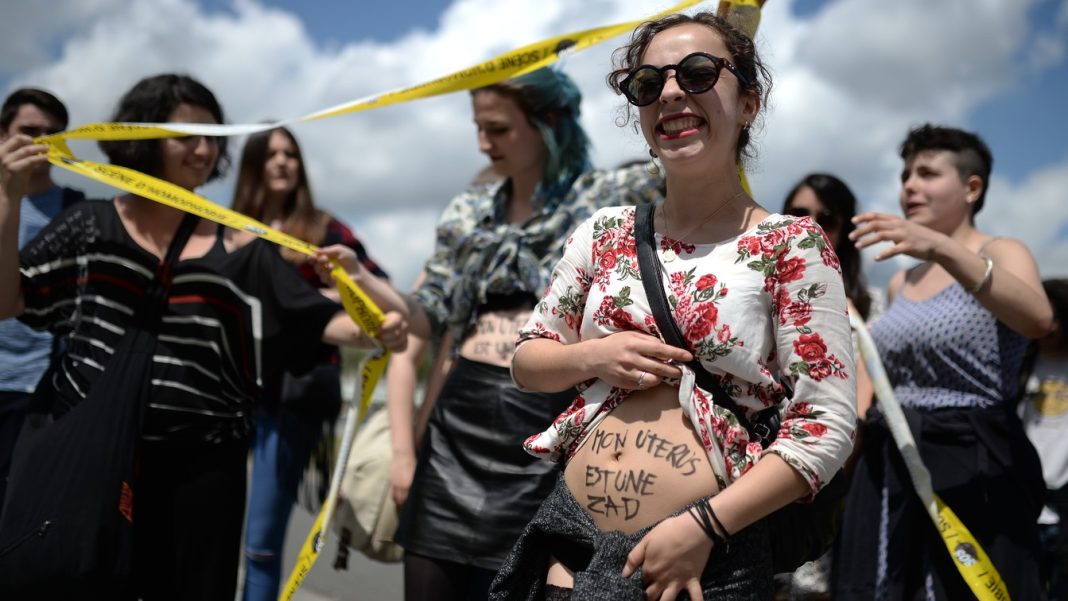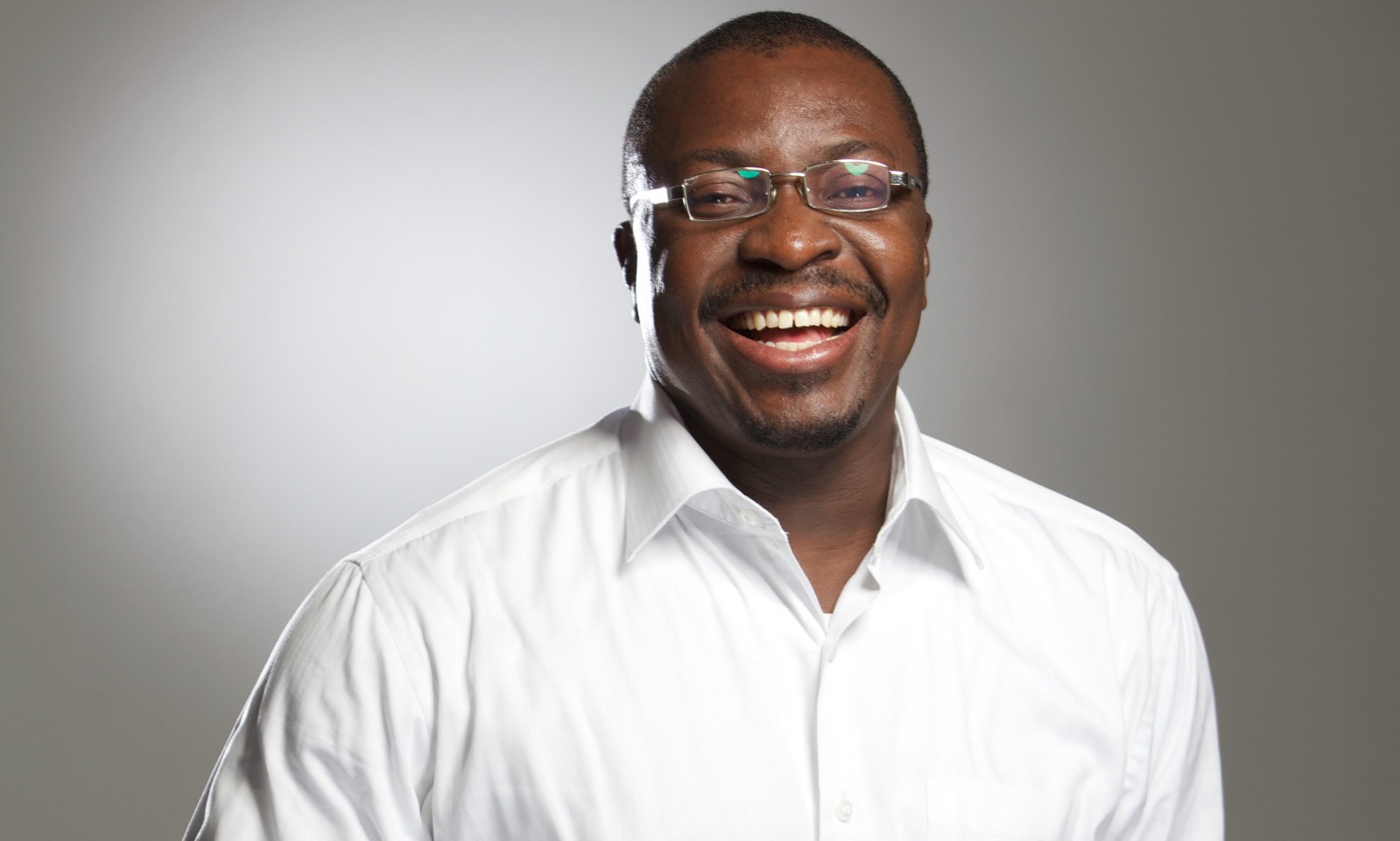ROME, Italy — A significant move to outlaw surrogacy worldwide received a pivotal endorsement from the Vatican on Friday, April 5, 2024 as a senior official called for a widespread alliance against the “commercialisation of life.”
The endorsement came during a two-day conference at a Vatican-affiliated university aimed at promoting an international treaty to ban surrogacy, covering both commercial and altruistic arrangements.
The campaign, which has garnered attention for its argument that surrogacy violates U.N. conventions on the rights of the child and the surrogate mother, is gaining momentum.
The central question debated is whether the right to have a child exists or if the rights of children should take precedence over the desires of prospective parents.
Highlighting the conference was the presence of U.N. human rights representatives and various experts, indicating a growing concern over surrogacy practices.
The discussion has intensified in regions where surrogacy is heavily regulated, such as Canada and the United States, attracting couples worldwide, in contrast to other countries with fewer restrictions.

Pope Francis, in January, unequivocally called for a global prohibition on surrogacy, labeling it a “despicable violation of human dignity” that exploits surrogate mothers’ financial vulnerabilities.
His stance was underscored by a private meeting on Thursday with Olivia Maurel, a surrogacy-born advocate for the ban, emphasising the ethical and psychological implications of the practice.
Maurel, separated from her biological mother at birth due to a surrogacy arrangement, shared her personal struggles with mental health, attributing them to the “trauma of abandonment.”
She asserts that surrogacy, despite some positive outcomes, remains ethically problematic, prioritizing adults’ desires over children’s rights.
Monsignor Miloslaw Wachowski, echoing Maurel’s concerns, criticised the reduction of human procreation to mere transactions, advocating for a movement beyond religious or ideological boundaries to address the issue.
The Vatican’s stance, rooted in the belief that human life begins at conception and should result from natural procreation, opposes surrogacy’s perceived commodification of life.
As the conference unfolded, Italy’s main gay family advocacy group, Rainbow Families, staged a counter-rally to protest proposals criminalising the use of surrogates abroad by Italian citizens.
Advocates argue that surrogacy, when conducted legally and with consent, does not infringe on anyone’s rights or dignity, emphasizing the importance of regulated practices.
Critics of a universal surrogacy ban, including Resolve, the National Infertility Association, argue that such measures would unjustly limit family-building options for those struggling with infertility.
Betsy Campbell, Resolve’s chief engagement officer, highlighted the U.S.’s regulatory measures designed to protect all parties involved in surrogacy arrangements.
The U.N. Committee on the Rights of the Child’s Velina Todorova voiced the committee’s concerns over the rights of children born through surrogacy, signaling the global complexity of the issue.
As the debate continues, the Vatican’s position paper on human dignity, expected Monday, will likely further articulate its stance on the contentious issue of surrogacy.







